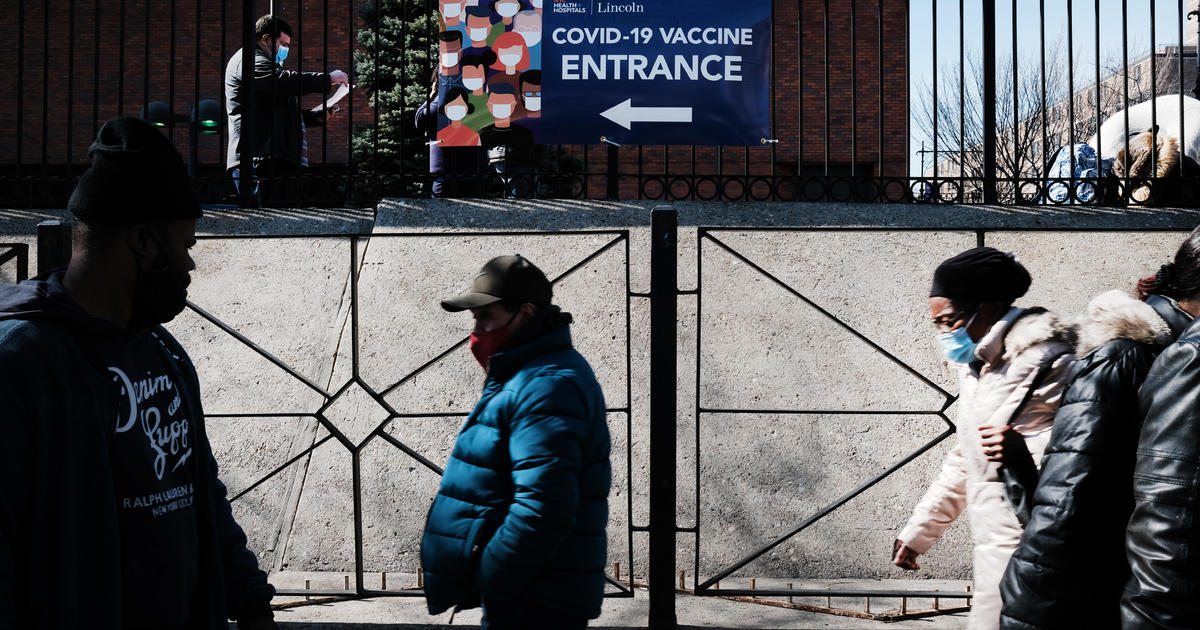By Alexander Lee

Picture credit to [CBS News]
The current economic downturn, fueled by the COVID-19 pandemic, has left approximately 30 million Americans unemployed and struggling to get by on an average weekly state unemployment compensation of $370. This amount is woefully inadequate to meet the essential needs of those without jobs, prompting Congress and President Donald Trump to augment it with an additional $600 per week in federal benefits in March. However, this federal supplement ended in late July, forcing millions of Americans, many of whom have also lost their health insurance, to make difficult choices regarding spending on food, rent, or medical bills. As Melissa Rusk, an unemployed resident of Bradenton, Florida, put it, "It's just about life or death in some situations."
In the face of this crisis, Congress has adjourned without reaching an agreement on further relief measures. This is inexcusable given the absence of national political conventions, which are primarily virtual this year due to the pandemic. Lawmakers must return to work immediately and finalize a deal to provide the urgent assistance that so many families need to stay afloat. This relief is not only crucial for individual families but also serves as one of the most effective ways to stimulate an economy that has been severely impacted by state-mandated business closures since March.
While the partial economic recovery that began when many states reopened has already started to lose momentum, there are some signs of progress in the negotiations between House Democratic leaders and the White House. The House has reconvened to pass separate funding for the U.S. Postal Service, and Speaker Nancy Pelosi has indicated that Democrats are willing to compromise on a broader relief package that includes supplemental unemployment payments.
Separating funding for the Postal Service from the larger relief debate is a wise decision, as the Postal Service has sufficient funds to operate until next year. Moreover, one of the sticking points for Republicans in the coronavirus relief negotiations has been the additional funding for the Postal Service. The more immediate concern is whether the new postmaster general, a Trump ally, is deliberately slowing down mail delivery, potentially affecting mail-in voting.
One of the primary obstacles in the negotiations is the amount of the unemployment supplement. Trump has attempted to address this issue with an executive order that mandates a $300 per week federal payment, with an additional $100 to be contributed by the states. However, this solution is far from ideal, as the federal money may only last a few weeks, many states have claimed that they cannot afford the $100 contribution, and outdated state computer systems make the plan difficult to implement.
Legislation is the most effective way to address this issue. The gap between the parties is not insurmountable: while many Republicans favor reducing the federal supplement to $400, Democrats are pushing to maintain the additional $600. Some Republicans argue that the supplemental payment may exceed the recipients' previous earnings, potentially discouraging them from returning to work. However, a potential compromise has already been suggested within the House Democratic caucus, with three members proposing that the $600 supplement could be gradually reduced depending on the unemployment rate in individual states.
Another major point of contention in the relief package negotiations has been the bailout funding for state and local governments facing budget shortfalls due to the pandemic. While Trump has dismissed this as unnecessary aid for poorly managed blue states, the fact is that several Republican-dominated states, including Alaska, Idaho, and West Virginia, are also experiencing significant budgetary crises. Even though the Democrats' demand for $915 billion in bailout funding may be on the high side, nonpartisan analysts have estimated state budget shortfalls to be between $200 billion and $800 billion, leaving ample room for Congress to reach a compromise.
In the spirit of good faith, Democrats should also accede to the Republican demand for legal protection for businesses that adhere to public health guidelines from COVID-related liability lawsuits.
For lawmakers, taking another week off in August for vacation, campaigning, or fundraising is just business as usual. However, for the millions of unemployed Americans, each day of political inaction brings them closer to the brink of financial ruin.
Reporter Alexander Lee
alexanderlee_24@newsyn.co.kr 
